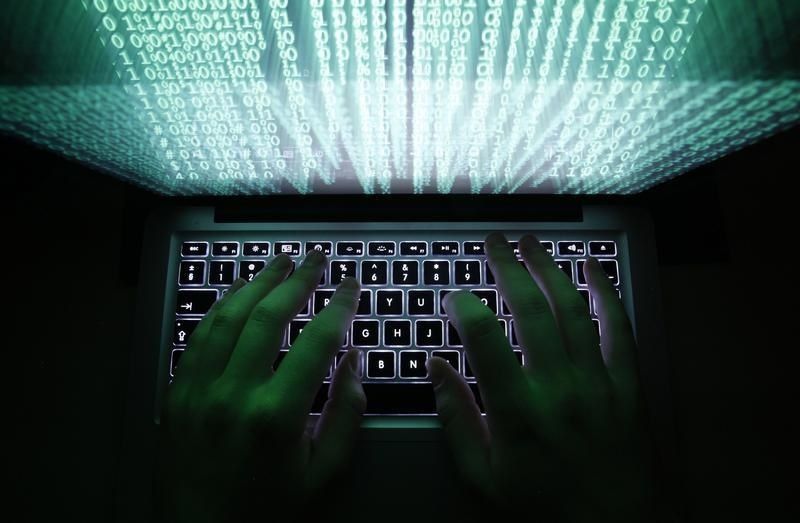News
June 30, 2020
1.3 billion: After a string of China-linked cyber-attacks against the Australian government and businesses, Australia says it will invest $1.3 billion in cyber defenses, its biggest ever cash injection to ward off cybercrime. Tensions between the two countries have been rising since Australia's prime minister demanded an investigation into China's pandemic response, prompting Beijing to slap tariffs on Australian exports.
59: Amid high tensions over their high-altitude dispute, India has banned 59 popular apps owned by Chinese firms, including TikTok, which counts India as one of its largest markets. Who will be hurt more by the move: China's officials or India's teens?
6: The EU extended economic sanctions on Russia for another six months because Moscow has still failed to adhere to its end of a ceasefire deal negotiated with Ukraine in 2015 after Russia illegally annexed the Crimean Peninsula.
8: After a stalemate over gubernatorial appointments threatened to derail South Sudan's new transitional government, the president has finally named governors to lead eight of the country's 10 states. However, discord over who should lead the Jonglei and Upper Nile areas persists, and could still undermine the country's nascent peace accord.More For You
GZERO Media is seeking a video producer with strong writing skills and a passion for global affairs. He/She/They will have an opportunity to work with a growing team of talented journalists, producers, and editors crafting unbiased and compelling geopolitical content. This position will last approximately four months beginning in January 2026.
Most Popular
Think you know what's going on around the world? Here's your chance to prove it.
With widespread AI adoption across sectors, its economic impact is no longer theoretical. It’s measurable. The result? New waves of innovation and a more AI-powered economy. Subscribe to Bank of America Institute for deeper insights on AI’s impact.
Ultra-Orthodox Jewish children hold makeshift gallows as part of a protest against attempts to change government policy that grants?ultra-Orthodox?Jews exemptions from military conscription, in Jerusalem, March 20, 2024.
REUTERS/Ronen Zvulun
Here we go again: Israel’s Knesset is once more considering a bill that would force certain ultra-Orthodox Jewish men, who are part of the Haredi sect, to serve in the military – just like the rest of the country.
© 2025 GZERO Media. All Rights Reserved | A Eurasia Group media company.
